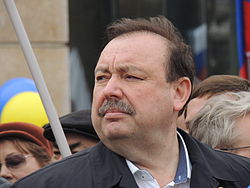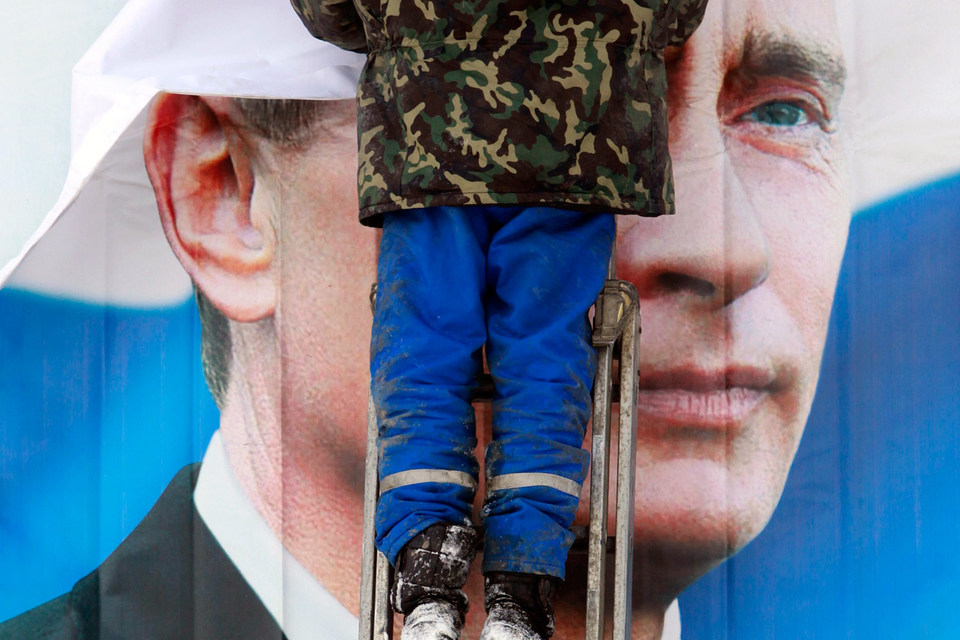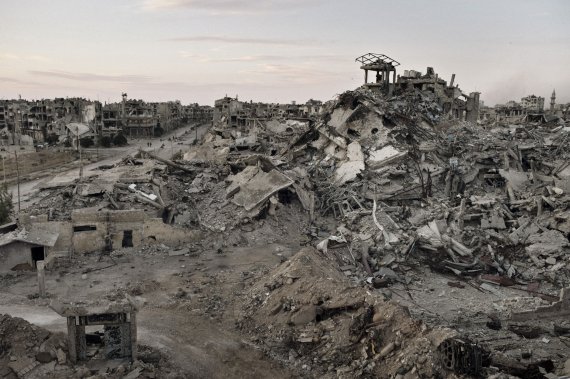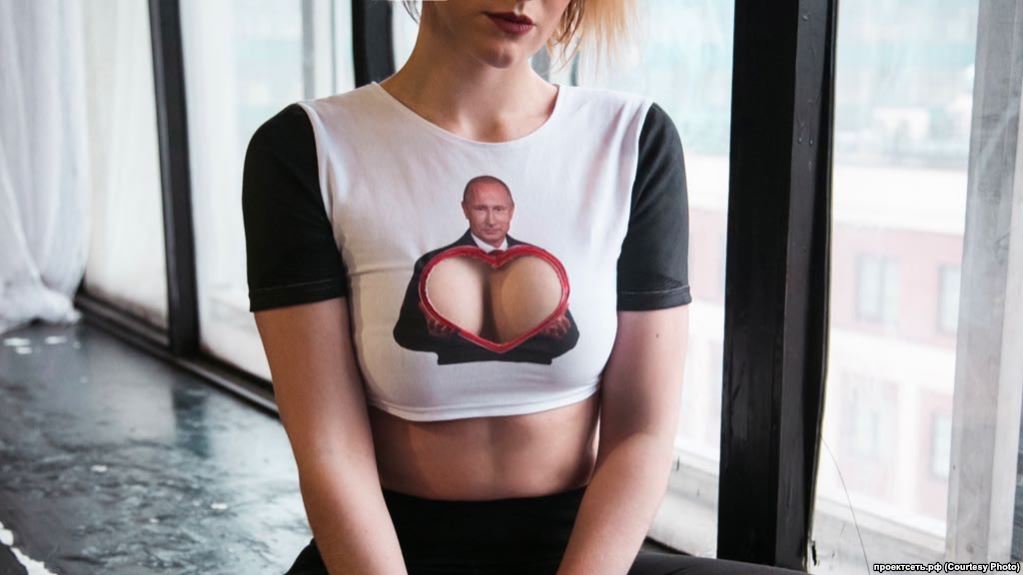
The Foundation for the Development of Civil Society says in a 26-page report that “’a Putin majority’” exists and consists “not only of the traditionally supportive employees of the state, villagers and pensioners but also the restless youth.” But Gennady Gudkov says this majority is deceptive and could disappear almost instantly.
The opposition politician tells Moskovsky komsomolets that “no phenomenon of support for Putin exists.” Instead, what is in evidence is “typical for any non-democratic country” (see mk.ru, a copy is available at newsland.com).
The big difference between Russia and these states is that the country is more powerful than they and consequently the regime cannot be overthrown from the outside. Thus, “from this point of view, Putin is secure.”
“But his entourage must understand that this historic maximum of support of the ruler in the course of one hour can be transformed into nothing if the pot of dissatisfaction begins to boil inside the country. In today’s world, Putin is ruler most beloved by his people after the North Korean despot who counts among his supporters many who are already dead.
Russia is “a soft authoritarian regime … not a democracy. And all regimes love to soothe themselves by various investigations about the love of the people for their leader.” Thus, “there was ‘a Brezhnev majority’” 40 years ago, and today “there is ‘a Putin majority.” There were even majorities for Stalin and Nicholas II.
“The level of authoritarianism defines the level of sociological support of the leader,” Gudkov suggests. “If this is a harsh regime, support will be above 100 percent.” In places like Turkmenistan and Chechnya, this “support” approaches that figure even though Chechens are among the leaders of people seeking asylum in Europe.
“Saddam Hussein had 99 percent support, but the [Iraqi] people did not form a human shield to defend him. And Qaddafi’s 99 percent didn’t help him. That pattern is typical because regime change in countries with harsh regimes occurs in way completely unexpected for the dictators themselves.”
Indeed, the thinness of this number is one of the reasons why the Putin regime is so insistent on repeating it. “Our powers that be are not stupid. They understand that their position is shaky and that all this support can disappear in an instant.” And when it does, the new majority will support the new dictator and condemn the one – Putin – he replaced.
That has been true throughout modern Russian history because “the distance between popular love and popular hatred is a single step” as shown by what happened to Nicholas II, Stalin and Lenin, Gudkov says.
Related:
- “Putin backers to ‘bare their breasts’ for Kremlin leader” and other neglected Russian stories
- Russians list Putin’s greatest successes and greatest failures
- Putin follows Hitler and Stalin in seeking to repress Jehovah’s Witnesses
- Putin reaffirms Stalinist version of origins of World War II, Pavlova says
- Putin regime now seizing and destroying archives to whitewash the Soviet past
- West fails to recognize nature and scope of Putin’s hybrid war against it, Eidman says
- ‘Young Russians love Putin, state ownership and socialism,’ poll finds
- Making Ukraine mono-ethnic – Putin’s greatest achievement and most fateful failure
- Behaving badly on big things and small core of Russia’s national strategy under Putin





